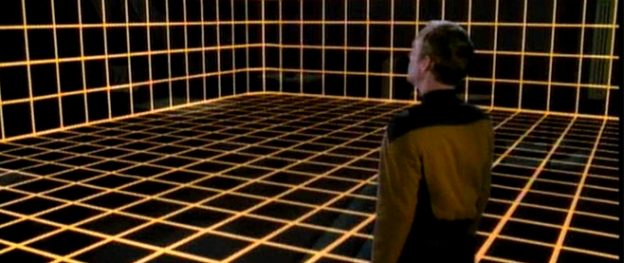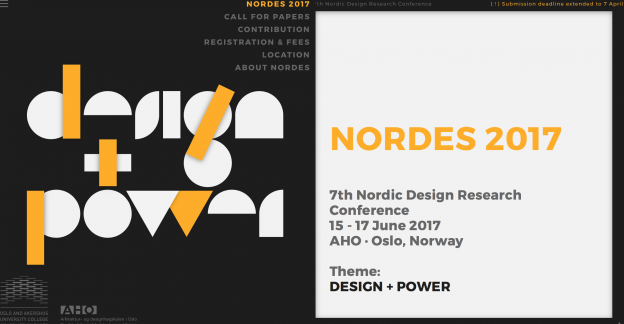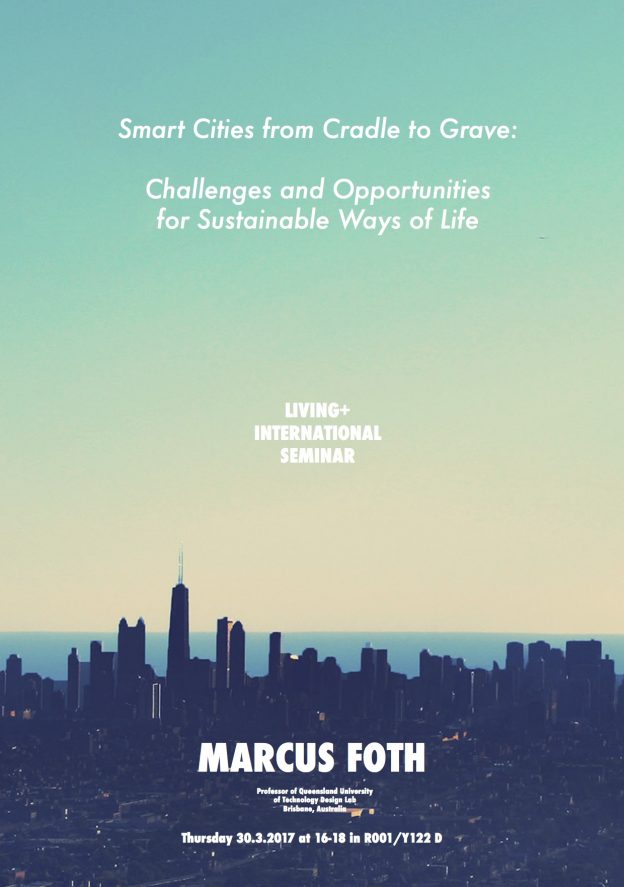Aalto-yliopiston Median laitokselle tehty tutkimus pohtii kirjan sähköistymiseen ja sähkökirjan valtavirtaistumiseen liittyviä ongelmia ja luo niihin ratkaisuja.
VTM Harri Heikkilä esittää tarkastettavaksi väitöskirjansa Tämä ei ole kirja – Sähkökirjan valtavirtaistumisen haasteet torstaina 13. huhtikuuta 2017.
Vastaväittäjä: FT, prof. Jaakko Suominen, Turun yliopisto
Kustos: professori Teemu Leinonen, Aalto-yliopiston median laitos
Paikka: Sampo-sali, Taiteiden ja suunnittelun korkeakoulu, Hämeentie 135 C, 00560, Helsinki, FI
Aika: 13. huhtikuuta 2017 kello 12:00 – 14:00
Keskustelu käydään suomeksi. The discussion will be in Finnish.
TIETOA VÄITÖKSESTÄ:
Teknologian valtavirtaistuminen edellyttää innovaation vakiintumista johonkin muotoon. Tällä hetkellä keskustelu siitä, millä tavalla painetun kirjan perinne kohtaa internetin on vielä kesken. Valtavirtaistumisen muistakin edellytyksistä on toteutunut vain osia ja nekin paikallisesti.
Heikkilä uskoo, että teknologiakritiikki on tärkeä osa tietotekniikan kehitystä. Teknologian luo ihminen ihmiselle, ja sen kehittyminen tapahtuu dialogissa. Palaute ei vain aina löydä perille, sillä tarpeettoman usein käyttäjä syyttää itseään teknologian toimimattomuudesta. Teknologian on muokkauduttava ihmisten tarpeisiin, ei päinvastoin.
Tutkimukseen sisältyy ensimmäinen laajamittainen sähkö- kirjatutkimuksen katsaus suomeksi ja sähkökirjan kehityksen analyysi. Tätä analyysia tukevat asiantuntijoiden haastattelut.
Sähkökirjan käyttäjäryhmien muuttumiseen ei ole aikaisemmin kiinnitetty tarpeeksi huomiota, vaikka tämä on olennainen osa teknologian muokkautumista, koska eri käyttäjäryhmät omaavat erilaiset tarpeet. Väitöksen mukaan sähkökirjaa on hyödyllistä tarkastella kokonaisena alustana, jonka tule vastata varhaisen enemmistön tarpeisiin, mutta samalla täyttää yhteiskunnallisia tarpeita ja löytää onnistunut keino integroitua kirjan perinteeseen.
Tuloksena tutkimus esittää myös mahdollisen ratkaisumallin, löydösten perusteella mallinnetun kokeellisen sähkökirjakonseptin, joka on samalla osa keskustelua sähkökirjan tulevasta muodosta.
TERVETULOA!
Väitöskirja on esillä Aalto-yliopiston Learning Hub Arabiassa, Hämeentie 135 C, 5. krs, huone 570 viimeistään 10 päivää ennen väitöstilaisuutta.
http://www.aalto.fi/fi/current/events/2017-04-04-004/
see in English: http://www.aalto.fi/en/current/events/2017-04-04-004/



